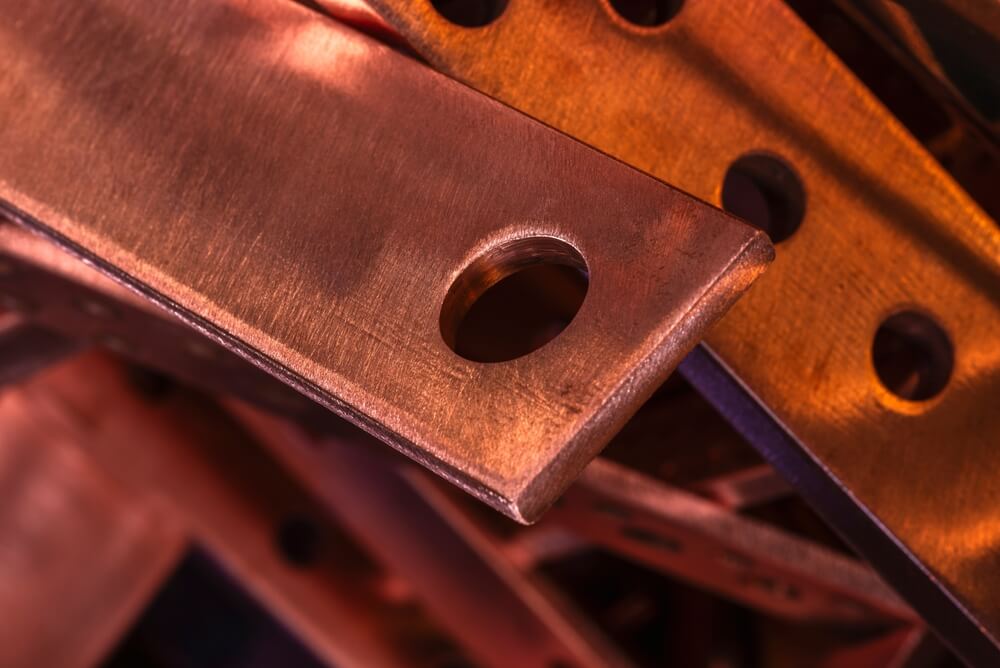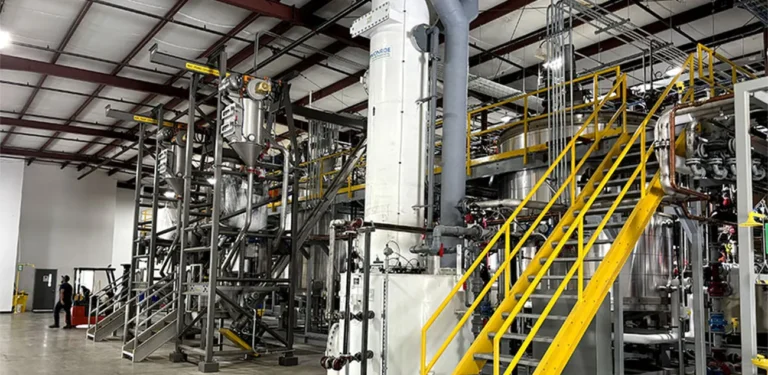
The South Korean government has formally requested that the United States exempt its copper products from potential import tariffs under the ongoing Section 232 investigation into copper imports. The investigation, initiated on February 25, 2025, by an executive order from President Donald Trump, aims to evaluate whether copper imports pose a threat to U.S. national security. The U.S. Department of Commerce has 270 days to deliver its findings and recommendations.
In its submission to the U.S. Department of Commerce on April 1, South Korea’s Ministry of Trade, Industry and Energy (MOTIE) emphasized that Korean copper products account for only about 3% of total U.S. copper imports and are primarily used in non-defense industries such as construction, water supply, and power infrastructure. The ministry argued that these imports contribute positively to the U.S. economy and supply chain stability rather than posing a security risk.
MOTIE also highlighted South Korean companies’ significant investments in the U.S., particularly in battery manufacturing. Korean firms have invested approximately $46.5 billion in the U.S., creating over 10,000 jobs. Much of the copper foil imported from South Korea is used by these companies to produce components for electric vehicles and renewable energy storage systems. The ministry warned that imposing tariffs could disrupt these supply chains, jeopardize long-term investments, and increase costs for downstream industries.
The Section 232 investigation comes amid escalating trade tensions as the U.S. seeks to reduce reliance on foreign sources for critical materials like copper, which is essential for defense, energy, and infrastructure sectors. While South Korea has requested a full exemption, it has also proposed flexible measures such as narrowing the scope of affected products or phasing in tariffs to minimize economic disruption.



